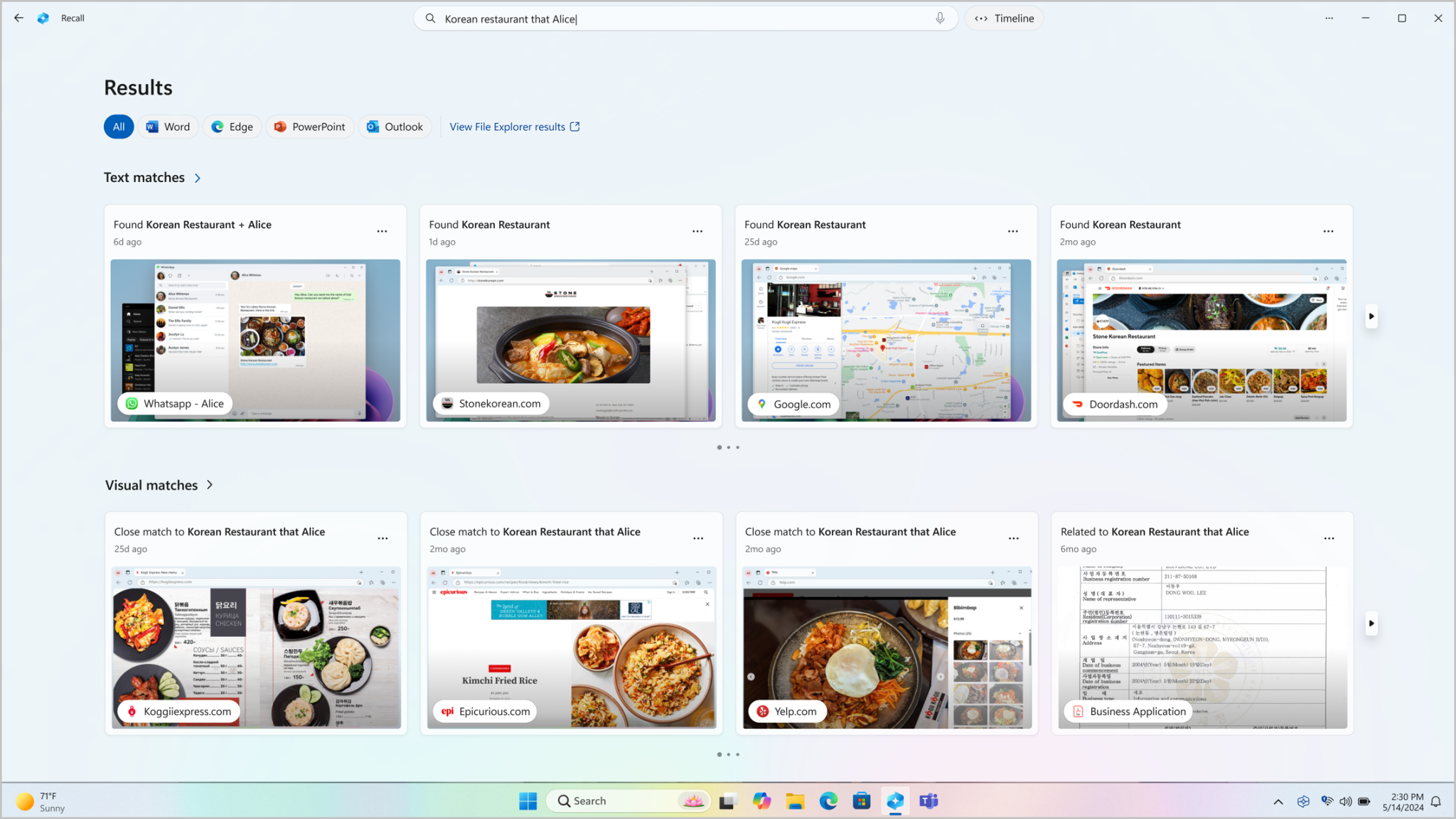
The growing trend of AI web scraping has led to a wave of frustration among content creators and designers, some of whom are pushing back in increasingly creative ways. One such designer has developed a piece of software called Nepenthes, a tool that sets AI web crawlers on an endless chase, causing them to waste vast amounts of resources chasing after circular, meaningless links. The malicious software, inspired by the behavior of a pitcher plant (which traps prey), intentionally misguides web crawlers, forcing them into a cycle that doesn’t stop unless manually intervened.
The designer behind Nepenthes, who remains anonymous, claims the software can lead to months of wasted resources if left unchecked. While the tool clearly harms both AI companies and the websites they crawl, it also serves a secondary purpose: feeding AI models with useless data, effectively “poisoning” them and reducing the quality of their output. While the tool has caught most AI scrapers in its trap, OpenAI (maker of ChatGPT) has reportedly been immune to its effects.
The creator’s frustrations reflect broader concerns within the tech community about the overabundance of AI-generated content. As AI continues to dominate, many users complain about AI “slop”—recycled content that adds little value. This sense of digital fatigue is fueling an increasing number of tools like Iocaine, Quixotic, and Poison the WeLLMs, all designed to make AI models struggle by feeding them worthless information. In a broader context, these actions are part of a phenomenon known as “Enshittification”, where services degrade in quality while increasing their prices, often due to overreliance on AI.
As AI continues to infiltrate everyday web experiences—from search engines to social media—there’s a growing resentment towards platforms like Google and Facebook, where AI-driven content and targeted ads dominate. The Nepenthes creator sums up the mood perfectly, saying, “Let’s fight back, even if it’s not successful. Be indigestible. Grow spikes.”




